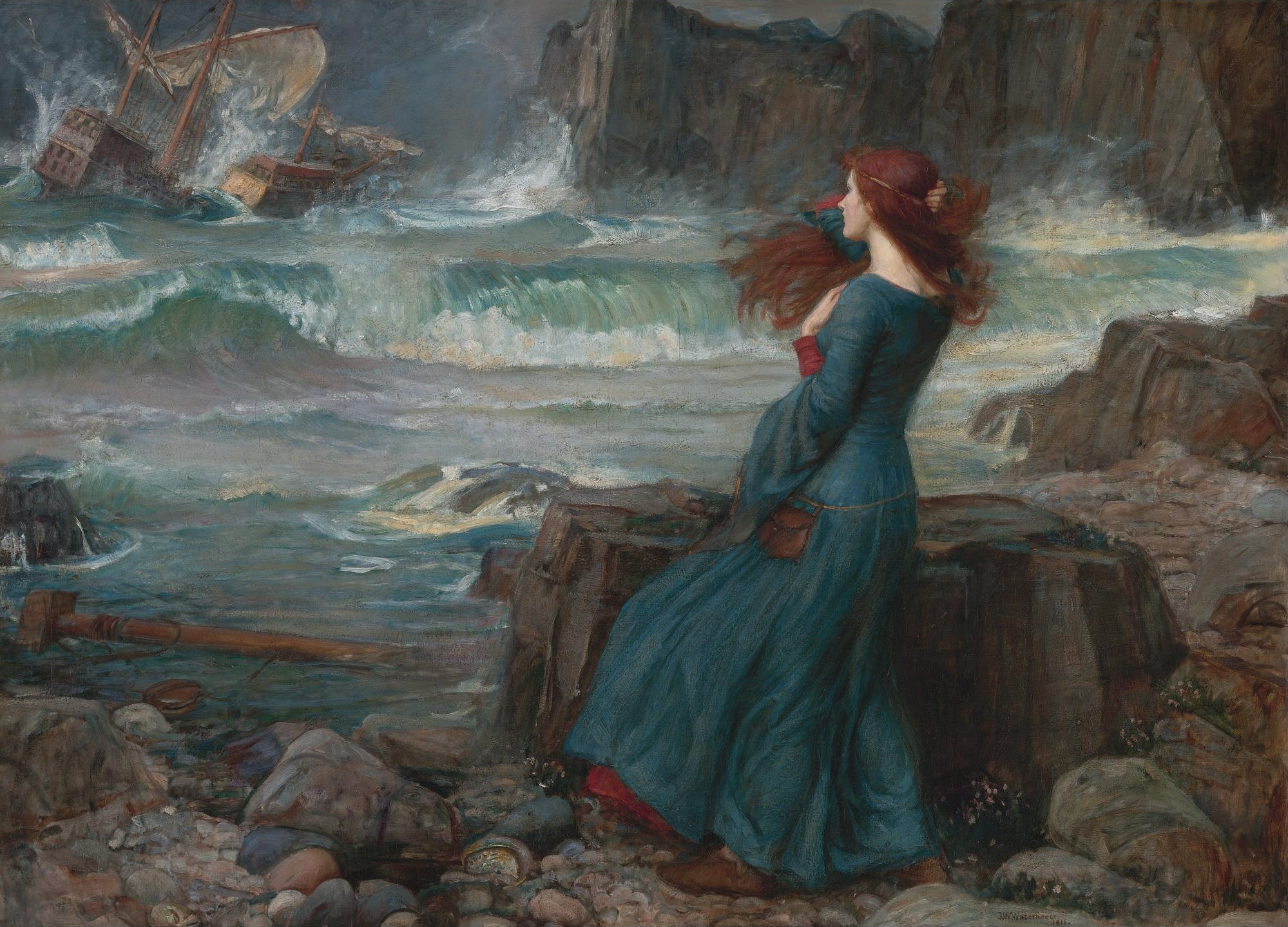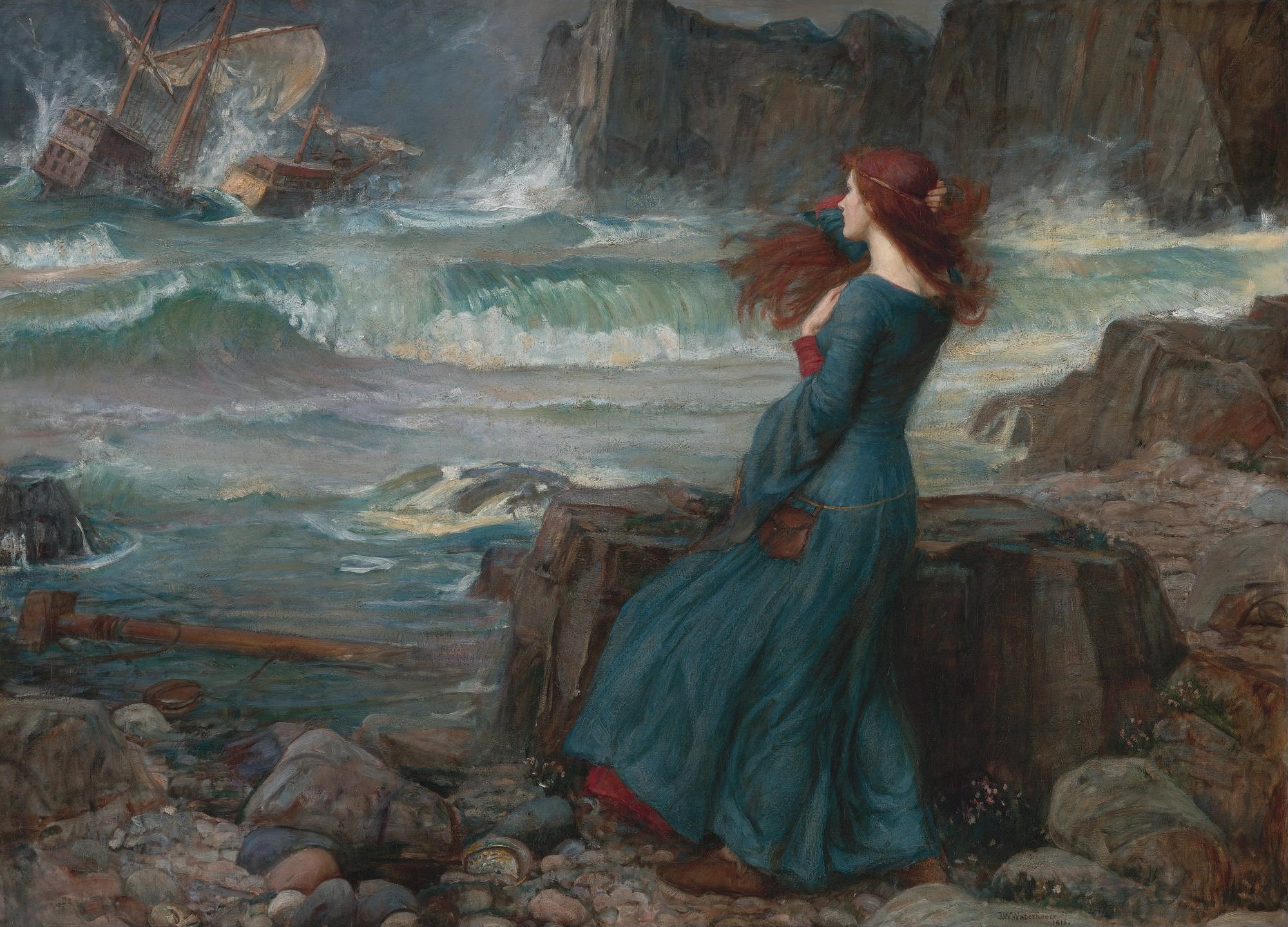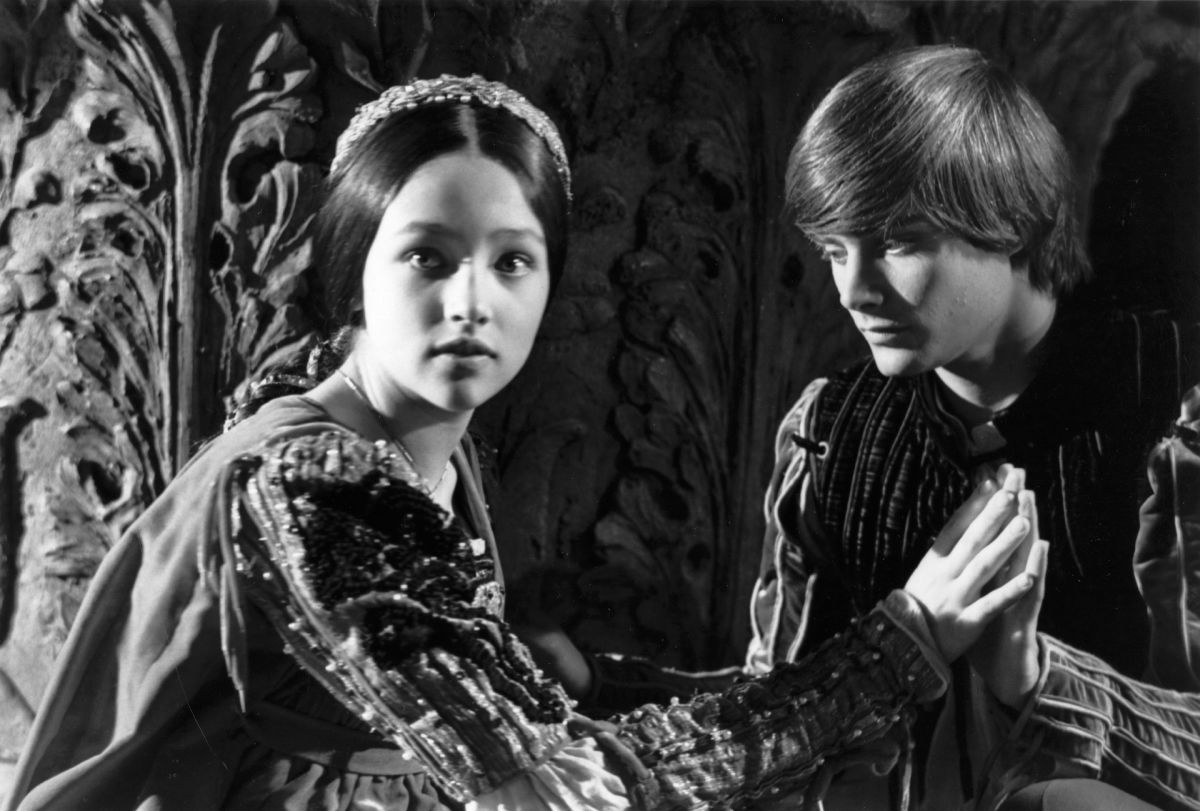My kids were in a Shakespeare mood at dinner last night (yay!) and wanted to discuss the “best” of the plays. But, I quickly learned, their definition of that word was different than mine when I said, “Favorite? The Tempest. Best? King Lear.” My oldest looked at me and asked, “Why is it different?”
I have very specific and personal reasons why I consider The Tempest my favorite of the plays. It is the first one that I explained to my children, thus introducing them to Shakespeare and (hopefully) changing their lives because of it. If that play did not exist, everything would be different.
But I acknowledge that this doesn’t make it the best. I consider King Lear to be the best, because my criteria lies primarily in how much and how well the play “holds a mirror up to nature” and reflects what it means to be human. When I stop to think about it I feel like I waited half my life to understand King Lear, and only now do I feel like I’ve reached the base of the mountain and that I could spend the rest of my life still trying to understand it. I say that with awe, not frustration. My son (my youngest) asked me to explain it to him, and I told him that I would not. I told him that it is a story so sad that when he was younger and I explained it to him, that not only did he cry for the characters, but the strength of his emotional reaction made me cry while telling it. Sitting in a nice restaurant is not the time for a replay of that scene. (But astute readers can go searching in the blog history, because I did write about it!)
Neither being my favorite nor what I consider the best necessarily correlates with the most well known or most often produced play. I think that Romeo and Juliet or Hamlet has to take that honor. Both have their iconic scene (the balcony, or the skull), where whenever you see it, you immediately think Shakespeare. Both have their iconic line (Wherefore art thou, Romeo? / To be or not to be) although I think Hamlet gets the edge there. Can any other play rank on that criteria? I think maybe Macbeth might be a distant third for the witches around a cauldron, but while many people recognize “Double double toil and trouble,” it tends to make you think halloween, rather than Shakespeare.
How about you? What do you think is the “best” play (whatever your personal criteria might be)? The most popular? Your favorite? Do they overlap? I noticed that mine don’t. 🙂





